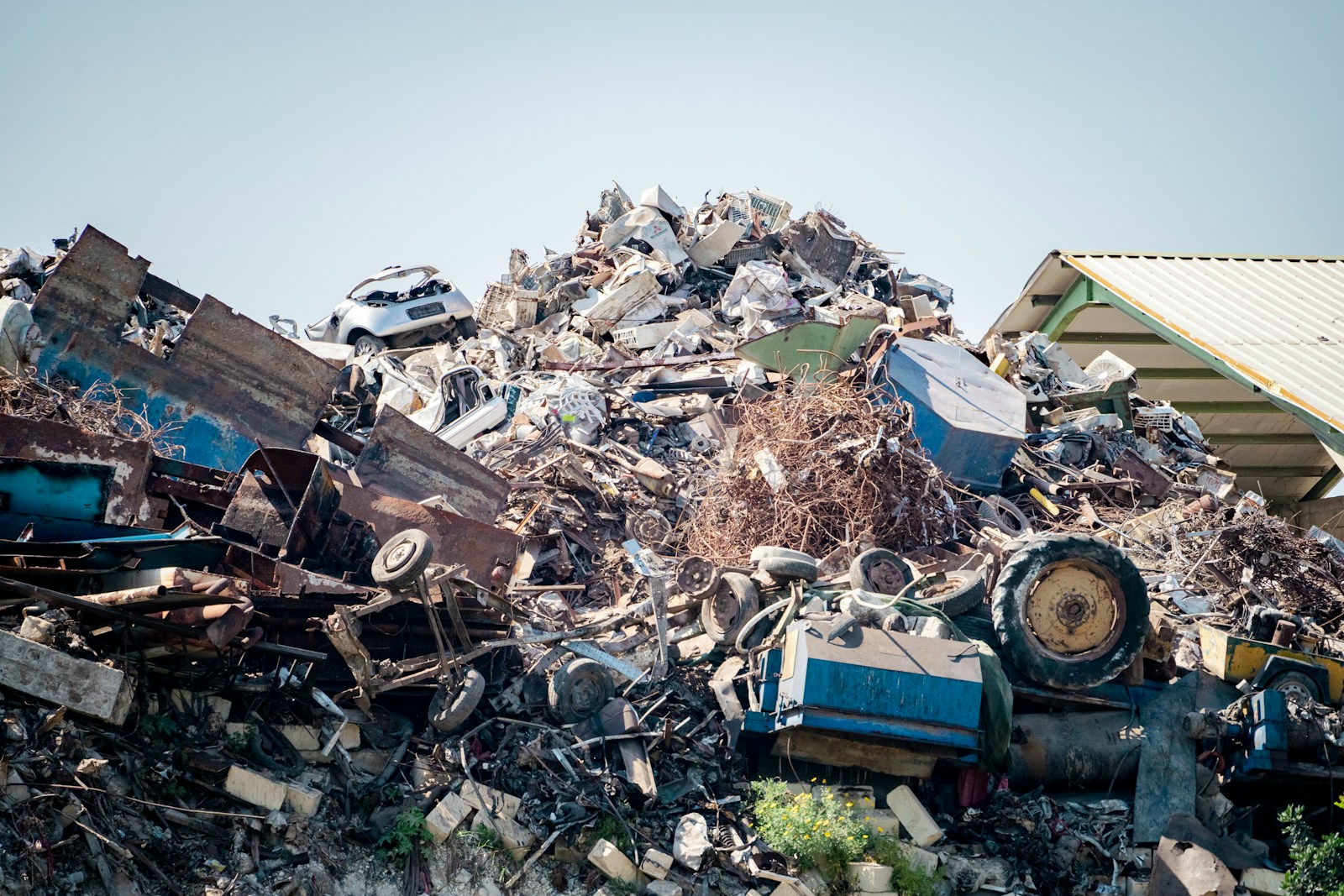Recycling scrap metal is an environmentally responsible practice that benefits both the planet and your wallet. Whether you’re a homeowner in New England or a business owner in Massachusetts, properly preparing your scrap metal can ensure you receive the maximum value and make the recycling process more efficient. Excel Recycling, a leading scrap metal recycling facility in Massachusetts, offers these tips and tricks to help you get the most out of your recycling efforts.
Identify the Scrap Metal Types
The first step in preparing your scrap metal is to identify the types of metal you have. Scrap metal is generally classified into two categories:
- Ferrous Metals: These metals contain iron and are magnetic. Common examples include steel and cast iron. They are often used in construction materials and automotive parts.
- Nonferrous Metals: These metals do not contain iron and are nonmagnetic. Examples include aluminum, copper, brass, and stainless steel. Nonferrous metals are typically more valuable and used in a wide variety of applications, from electrical components to household items.
Segregate Your Scrap Metal
Once you’ve identified the types of scrap metal you have, the next step is segregation. Sorting your metals into ferrous and nonferrous categories can significantly impact the value you receive. Most scrap metal recycling facilities in Massachusetts, including Excel Recycling, offer higher payouts for properly sorted metals.
Use a magnet to help with the sorting process. If the magnet sticks, it’s a ferrous metal. Separate these from nonferrous metals to maximize your returns.
Clean Your Scrap Metal
Cleaning your scrap metal involves removing any nonmetal materials such as plastic, rubber, or wood. By doing this, you increase the purity and value of the metal being recycled. For instance, if you’re recycling old appliances, remove any plastic or rubber parts before bringing them to a scrap metal recycling facility in Massachusetts.
Remove Hazardous Materials
Some items, especially older electronic devices or appliances, may contain hazardous materials like refrigerants, oils, or batteries. It’s crucial to properly dispose of these substances before recycling. Hazardous materials can pose safety risks and may result in additional disposal fees. Excel Recycling can guide you on how to safely remove and dispose of these materials.
Cut Large Items Down to Size
Large items such as old machinery or metal structures should be cut down to manageable sizes. Most scrap metal recycling facilities in Massachusetts have size limitations for the metals they accept. Smaller pieces are easier to handle, process, and transport, making the recycling process more efficient for facilities like Excel Recycling.
Bundle Smaller Items
For smaller scrap metal pieces, consider bundling them together. Use a sturdy container or box to keep small metal items organized and prevent them from getting lost during transport. Labeling your containers can also help recycling facilities quickly identify and assess the value of your scrap.
Assess the Weight
Knowing the weight of your scrap metal can give you a better idea of its value before heading to the recycling facility. Use a heavy-duty scale to weigh your metals, and keep track of the amounts for different types of metal. This information can help you negotiate better prices and ensure you get fair compensation for your scrap.
Transporting Your Scrap Metal
Once your scrap metal is sorted, cleaned, and safely prepared, the final step is transporting it to a recycling facility. Excel Recycling, with several locations across Massachusetts, provides convenient options for dropping off your scrap metals. For larger quantities, inquire about transportation services to make the process even more straightforward.
Why Choose Excel Recycling?
Excel Recycling stands out among scrap metal recycling facilities in Massachusetts due to its commitment to customer service, competitive pricing, and environmentally responsible practices. By choosing Excel Recycling, you’re not only getting top value for your scrap metals but also contributing to a sustainable future.
Key Benefits of Choosing Excel Recycling:
- Local Expertise: With years of experience in the New England region, Excel Recycling understands the market and provides tailored solutions to meet your needs.
- Convenient Locations: Our facilities are strategically located to serve clients across Massachusetts and surrounding areas.
- Top Payouts: By connecting to both domestic and international markets, we ensure you get the best prices for your scrap metals.
- Environmentally Responsible: Our recycling processes follow strict environmental guidelines, making us a leader in sustainable practices.
Conclusion
Properly preparing your scrap metal for recycling can significantly impact the value and efficiency of the recycling process. By following these tips and tricks and choosing Excel Recycling, a leading scrap metal recycling facility in Massachusetts, you can ensure you’re getting the most out of your recycling efforts while contributing to a healthier environment. Contact Excel Recycling today to learn more about how we can assist you with your scrap metal needs.

